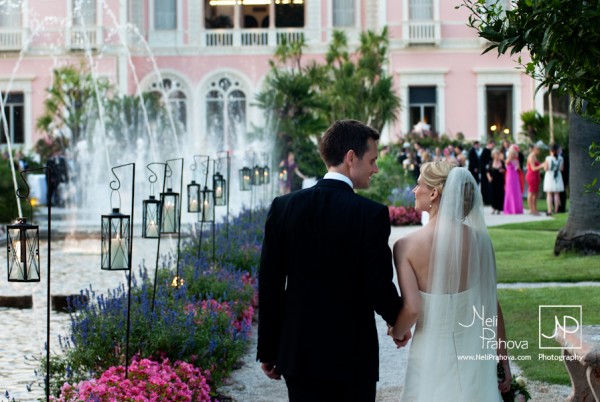by Michael | Feb 13, 2014 | Blog
Ever the romantic, I couldn’t resist a bonus blog about Valentine s Day.
History
Its origins spring from the imprisonment of a certain Valentine by the Ancient Romans for performing weddings for soldiers who were forbidden to marry and for ministering to Christians (who were being persecuted).
Source: www.history.com
You can probably see the connection, although you need a bit of imagination to make the leap to 21st century celebrations of Valentine s Day!
Modern day
Yes, I know I’m cynical, but, let’s face it, nowadays it is a chance for florists, card-makers, vintners, chocolatiers and restaurateurs to put their prices up.
More romantically, though, it is the most popular day for women to receive wedding proposals (although men prefer Christmas Eve). Let’s look at how to go about making a proposal.
Source: www.bbc.co.uk
The proposal
Of course there are all sorts of ways of proposing. Some will choose to accompany the proposal with a Valentine s Day gift.
In the vast majority of cases, you will want to choose a quiet venue – a booked table in a nice, intimate restaurant may do the trick. Soft music and subdued lighting should provide a suitable atmosphere.
Alternatively, the setting can be the home – perhaps to the accompaniment of a lovely meal (a dish you both enjoy!) and a certain amount of champagne! A proposal over a chocolate pudding often works well.
You can mention the romance of the day and how much it has encouraged you to express your love – but, naturally, it’s got to be down to you what to say.
In truth, I didn’t propose on Valentine s Day (I chose an Italian garden in July!), but it was romantic and that’s key.
Make it a special day and enjoy it!
Michael Gordon can help prepare and conduct a tailor-made life-cycle civil ceremony in or around London or, indeed, in Europe.

by Michael | Jun 20, 2013 | Blog
Getting married in a church is no longer de rigueur, of course. For those seeking alternatives, there are other routes to choose from.
The Registry Office
A registry office can be an option, especially for those who want a ceremony devoid of any religious content. And anybody not getting married in a C of E church, will need a certificate from a registrar to make the wedding legal.
Incidentally, it’s normally fine to arrange for a Church blessing after the registry ceremony.
The ‘wedding’ ceremony is quite short and to the point (around 20 minutes long), but is not likely to be particularly memorable or special. But if that’s all you want, then that’s fine.
Note that you have to register at your local Registry Office a year before the event (although you can be married at another Registry Office). One of you must attend in person, and there is a fee to be paid.
For the certificate, two adult witnesses to the marriage will be required.
Civil Partnerships
A same-sex couple can register in a registry office (or approved premises) as civil partners. Notice has to be given, and this will be publicized for 15 days, after which the event can take place. (The period of validity for the notice is one year.)
Licensed venues
Choosing the location for your marriage is becoming increasingly popular. If you use a licensed venue, you will still need two registrars present at the ceremony (to be booked up to 12 months before the day).
Don’t forget to book the venue well in advance too.

Thanks to www.NeliPrahova.com
‘European style’ weddings
If you want to use an unlicensed venue (and that can include the sea shore, a mountain top, a palace, or wherever your imagination takes you – but do seek the landowner’s permission first!), that’s OK. You can go to the registry office in your jeans with two witnesses in the morning, say, and have the legal side taken care of. You don’t even need to exchange rings there.
Then in the afternoon, or a day or two later, you can relax and enjoy your unique ceremony along with your guests.
A unique ceremony
Nowadays, a (non-legal) wedding ceremony, whether for a straight or a gay couple, may be conducted by a civil celebrant, who will also help you write the whole service. You have freedom of wording, music, poems, rituals or, possibly, theme, and your celebrant will be with you to advise and make suggestions, so that the day is absolutely tailor-made for you.
Celebrants of various sorts can be found. Humanists will not have any religious content at all in their ceremonies. Others will allow you as much or as little as you want. The Interfaith Foundation can help. Organisations like the ARC or FOIC can help too and can direct you to a local civil celebrant.
As a FOIC member, I would be happy to answer any questions you may have.
Michael Gordon can help prepare and conduct a tailor-made civil ceremony in or around London or, indeed, in Europe.

